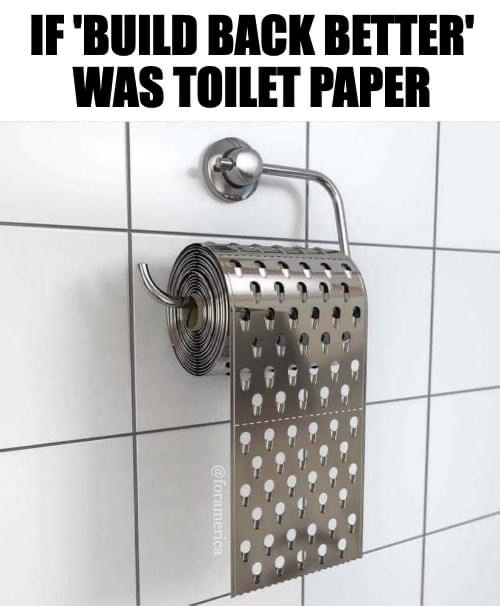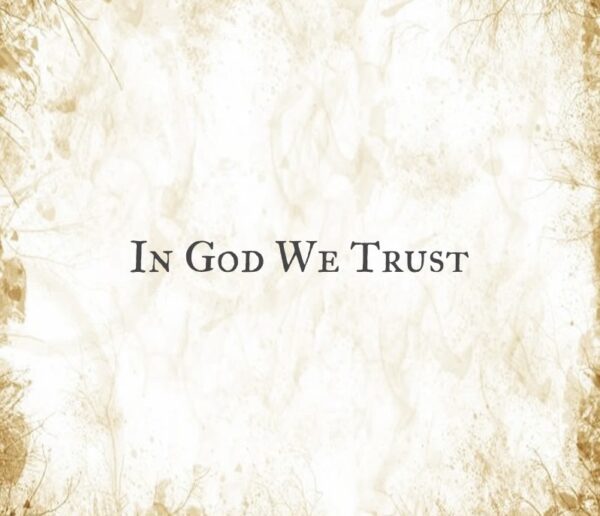The Build Back Better plan proposed by President Biden has generated a wide range of opinions and sparked heated debates since its introduction. To illustrate a particular perspective, let’s explore the metaphorical concept that compares the plan to “toilet paper” made of “cheese graters.” While this analogy may be whimsical, it signifies a viewpoint that perceives the plan as potentially problematic or ineffective.

The Metaphor Explained
In this metaphor, the Build Back Better plan is likened to “toilet paper,” which is typically associated with utility and convenience in daily life. However, it’s crucial to highlight the addition of “cheese graters” to this analogy. Cheese graters are sharp and abrasive tools used to shred or grate cheese, symbolizing a potential element of discomfort or concern in the plan.
A Critical Perspective
Those who view the plan in this manner may have several reasons for their critical stance:
1. Concerns About Economic Impact
Critics might argue that the plan’s provisions, such as increased government spending and taxation, could have adverse effects on the economy. They may fear that the plan could exacerbate inflation or hinder economic growth.
2. Debate Over Government Intervention
The metaphor also suggests a skepticism toward government intervention in various aspects of the economy and society. Critics may argue that too much government involvement can stifle individual freedoms or market dynamics.
3. Potential Unintended Consequences
Comparing the plan to “cheese graters” implies concerns about unintended consequences. Critics may worry that well-intentioned policies could lead to unforeseen negative outcomes or unintended harm to certain industries or individuals.
4. Fiscal Responsibility
The metaphor may reflect concerns about the fiscal responsibility of the plan. Critics may question whether the proposed spending is sustainable in the long term and whether it could burden future generations with excessive debt
As an Amazon Associate we earn from qualifying purchases through some links in our articles.



